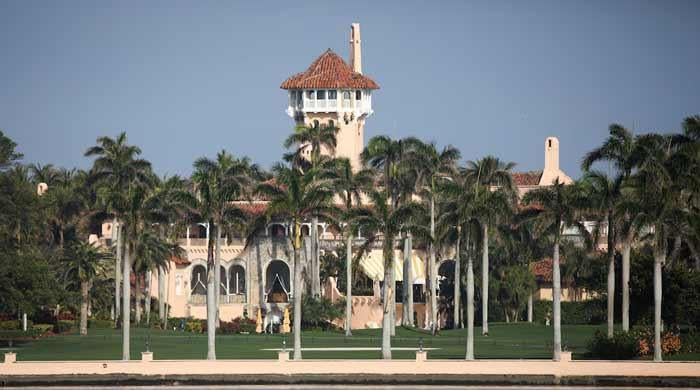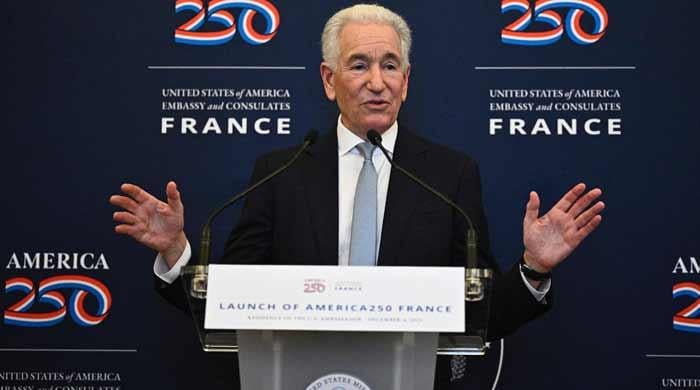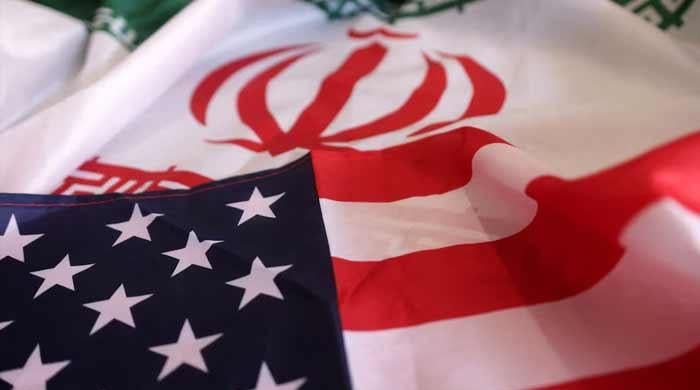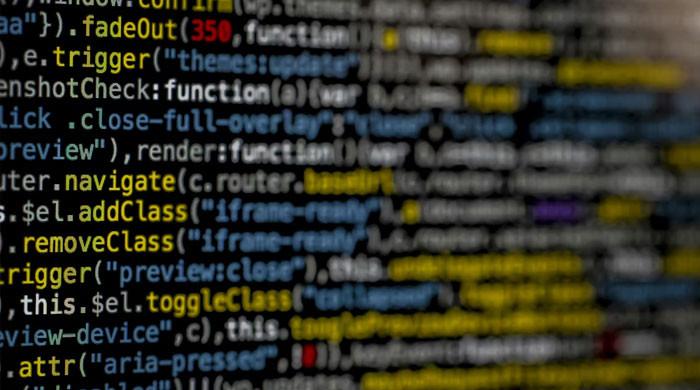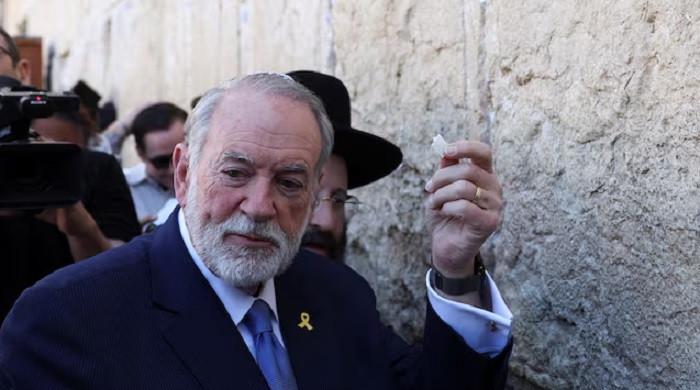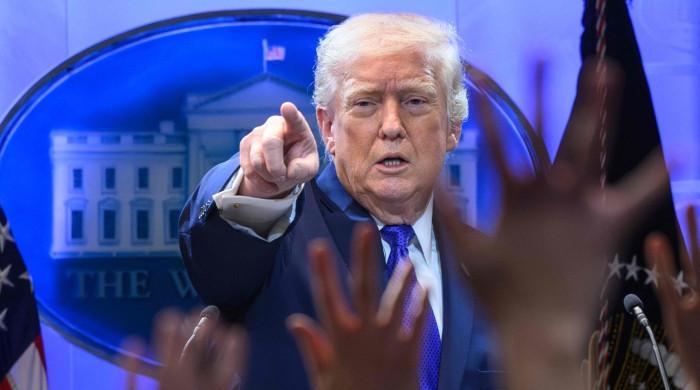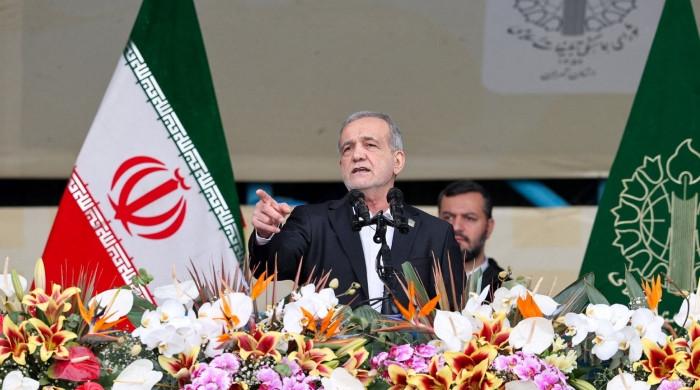Modi says India wants normalisation of ties but 'onus on Pakistan'
"It is incumbent upon [Pakistan] to create a conducive environment," says Indian PM in interview with Japanese media
May 20, 2023
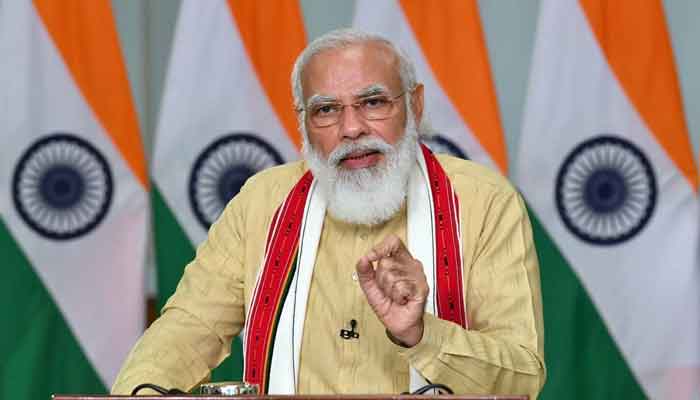
- Modi says onus on Pakistan to take necessary steps for restoring ties.
- Says India fully prepared and committed to protect its sovereignty.
- India hosting G20 summit in IIOJK despite China, Pakistan's opposition.
As the stalemate between Islamabad and New Delhi continues over bilateral relations, Indian Prime Minister Narendra Modi has laid the sole responsibility for the normalisation of ties on Pakistan.
India wants "normal and neighbourly relations", Modi said in an interview with a Japanese media outlet while discussing New Delhi's strained ties with its neighbours and key regional players.
"However, it is incumbent upon them to create a conducive environment free from terrorism and hostilities. The onus is on Pakistan to take necessary steps in this regard," said the Indian prime minister.
It may be noted that Foreign Minister Bilawal Bhutto-Zardari has made it clear that Pakistan was willing to address any concerns that New Delhi might have but said Islamabad expected the same from the other side.
On his maiden visit to India as the FM last month, Bilawal said that Pakistan’s position on bilateral relations or a meaningful engagement with India remains the same as long as it reviews the unilateral actions taken on August 5, 2019.
Besides maintaining a rigid stance on Kashmir's status, India is also hosting the G20 tourism meeting in the Indian Illegally Occupied Jammu and Kashmir (IIOJK) from May 22 to May 24.
Islamabad has repeatedly slammed its arch-rival since partition in 1947 for the move and sensitised the G20 members as well that their participation in the summit would be seen as an attempt to legitimise the human rights violations in Kashmir and vindicate the illegal Indian occupation of the region.
It may be noted that not only Pakistan but its main regional ally China —which also has hostile relations with India — also opposed the G20 summit in Srinagar, saying that it will not be a part of it.
The ties between the neighbouring countries became agitated, especially since a 2020 clash that left 20 Indian and four Chinese soldiers dead in the first deadly battle between the nuclear-armed neighbours in decades.
While touching on India's fraught relationships with Beijing, Modi said: "India is fully prepared and committed to protect its sovereignty and dignity."
With the lingering Himalayan border standoff between the two countries, the Indian leader stressed New Delhi's respect for sovereignty, rule of law and peaceful conflict resolution.
"Peace and tranquillity in the border areas are essential for normal bilateral ties with China. The future development of the India-China relationship can only be based on mutual respect, mutual sensitivity and mutual interests," he said.
Being a widely popular leader in his country, Modi who is the leader of right-wing Hindu nationalist Bharatiya Janata Party (BJP) is eyeing a third stint in power.
Stepping up his international diplomacy, he noted that "normalising" the ties would benefit the wider region and the world.




